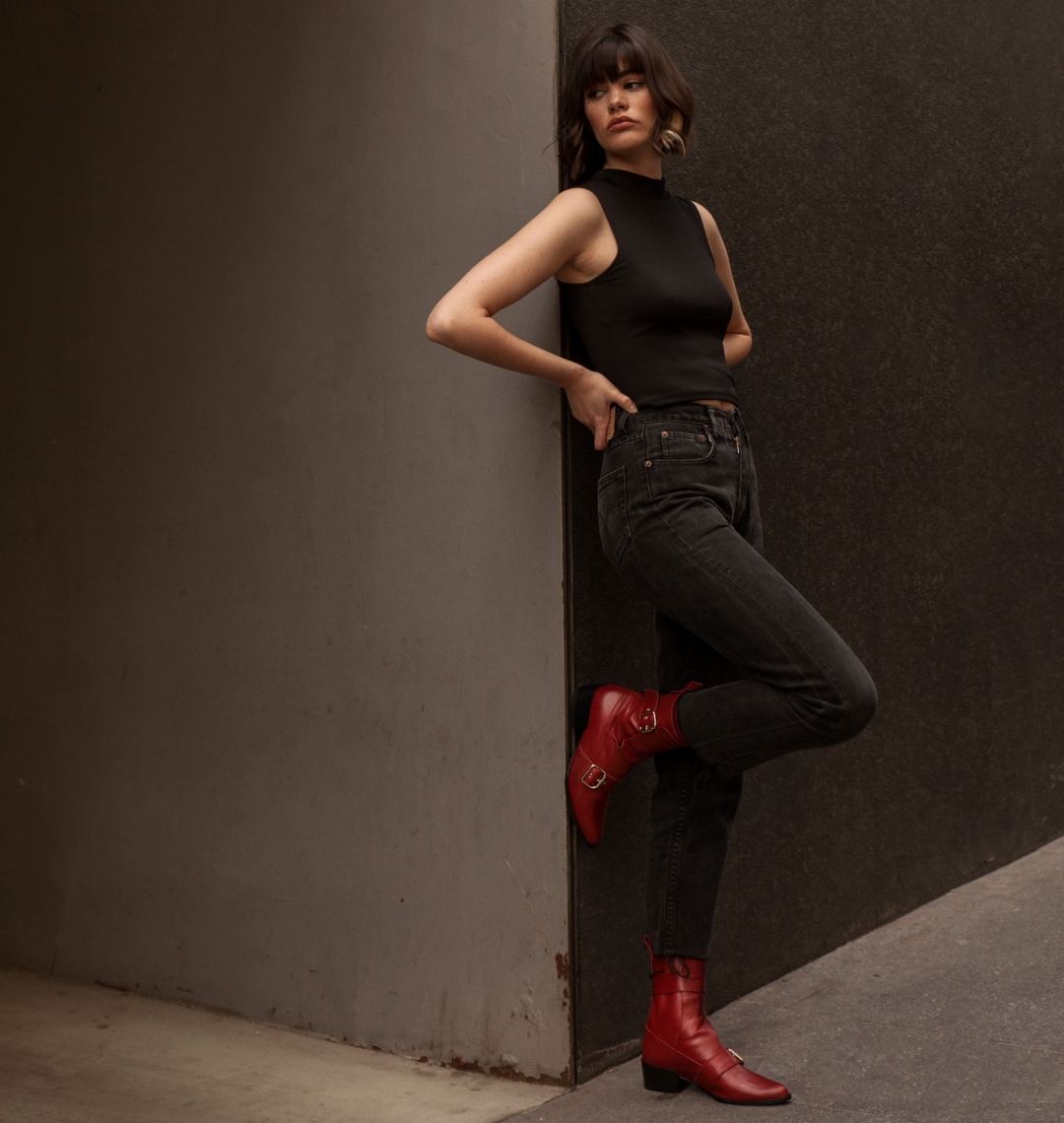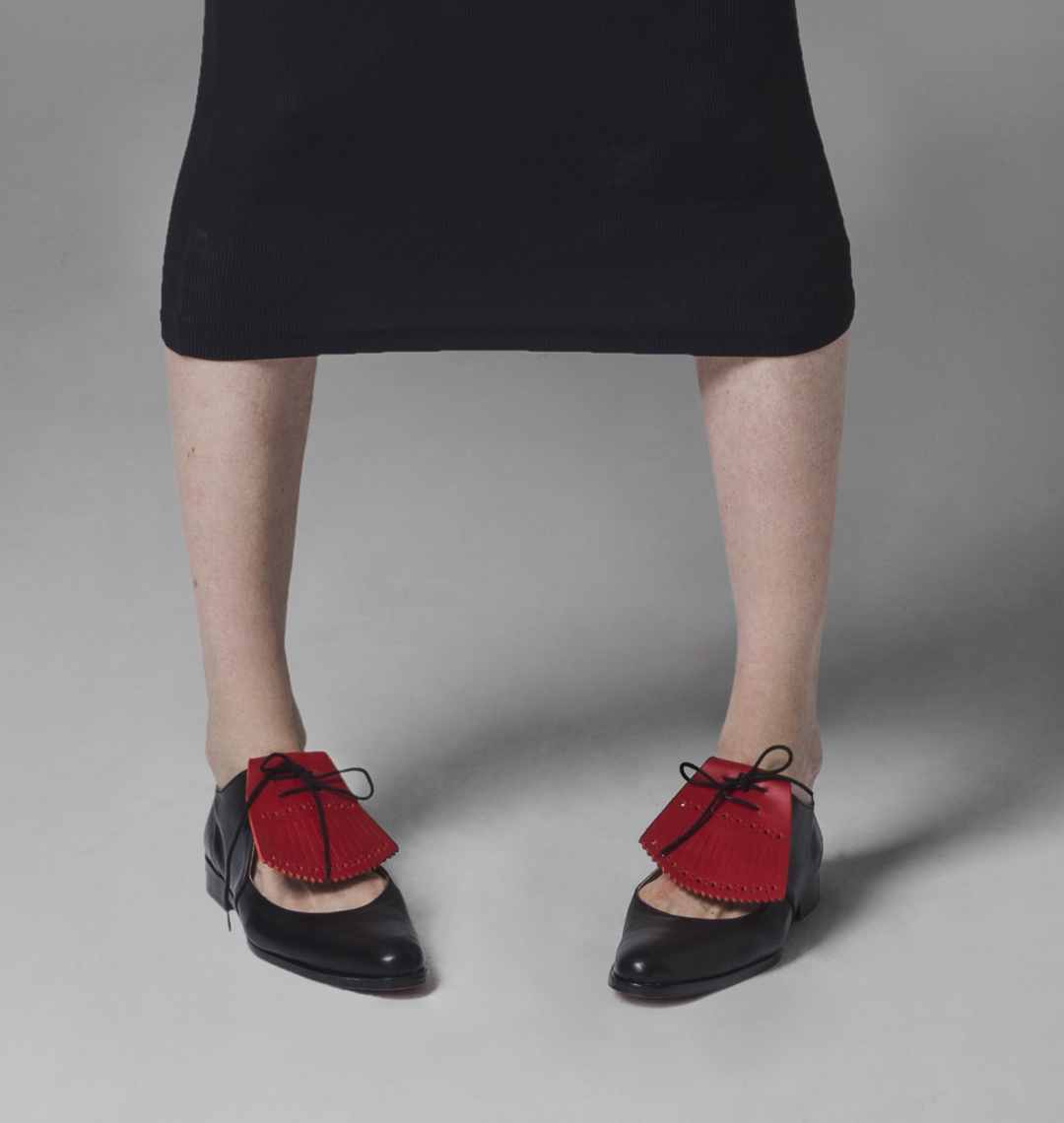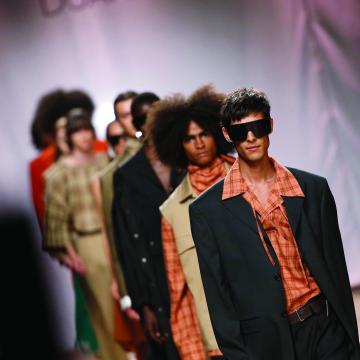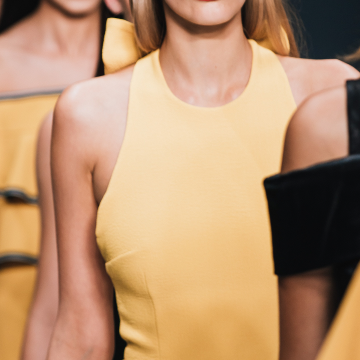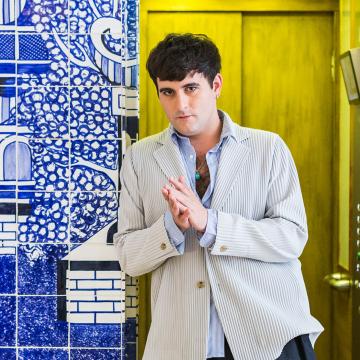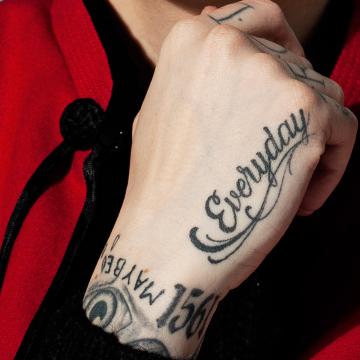Talent for comics and graphic novels is endless in Spain. Paco Roca, Ana Penyas, Paco Sordo, María Medem, Juanjo Guarnido, Teresa Valero… Do you want to get to know some of the best illustrators in the country?
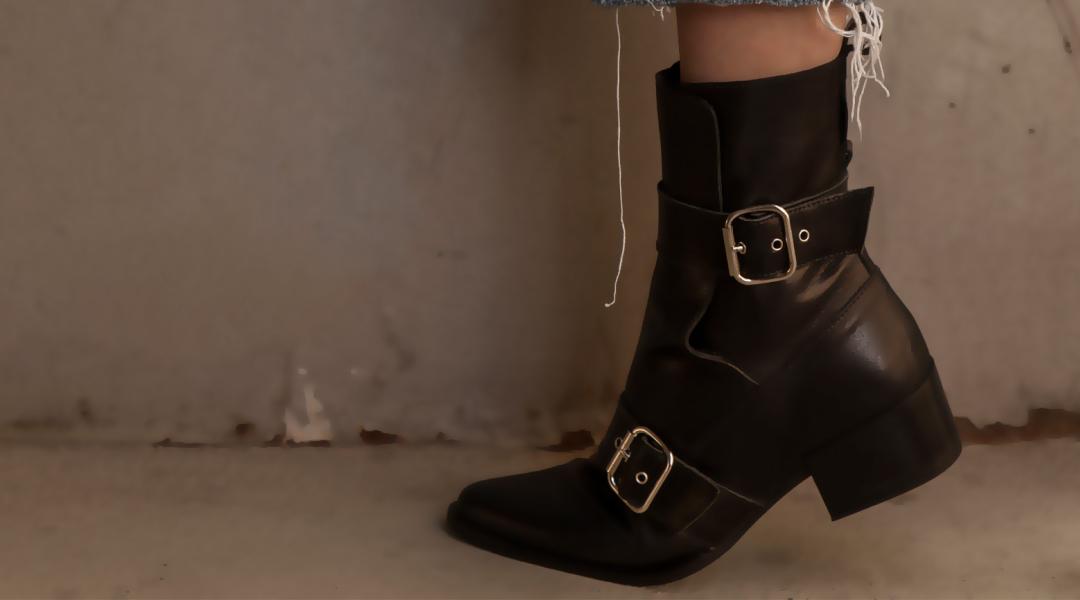
Leaving a mark is not easy, and, although it seems odd, even more so in the Spanish footwear market. However, Magro Cardona managed to leave theirs in record time: it took the brand a mere five years to carve out a more than decent niche in the national and international world of fashion. No, not everything has been done before.
There are people who know they are destined to embark on an adventure together as soon as they meet, and that is exactly what Irene Magro and Ana Cardona felt when, in 2009, they got acquainted when they were both working at the Prada store in Madrid. Ana had studied fashion and had been defining her style frequenting rock bars and concerts in the city and abroad. Irene, on the other hand, had been working as a styling assistant in New York for several years.
They shared a vision and a passion, and in 2014 they launched their own shoe brand with hallmarks that were very much in fashion at the time: their work was authentic, very personal, and well done. “We’ve always had the need to do things differently,” the creators of Magro Cardona explain. “We wanted to create a 21st century brand 'Made in Spain'. We both felt we needed to tell our own story and spread our vision of fashion, style and things that are done well at an honest price.”
That was the start of a business adventure that has led them to owning their own line of contemporary design footwear produced domestically, working with two Spanish artisans, one in Alicante and one in Toledo. After five years, experts already consider Magro Cardona as an essential player in the new scene of Spanish accessories.
"In the time we’ve been working on our brand, we’ve learned that one of the keys to success is constancy and perseverance. And also—and this is something the big businessmen keep saying a lot, but that doesn’t mean it isn’t really important—: never throw in the towel." Experience has allowed Irene to see everything in perspective: "I’ve learned that nothing is as serious or as wonderful as it seems. I mean, when problems arise, if you keep your cool, it’s never that bad, and on the other hand, when Vogue wants to do an interview, you can’t let that go to your head. The key is to work and work, and to continue to believe in what you do with the same excitement as when you released your first shoe."
In spite of Spain’s fame as a manufacturer of great footwear, the domestic market is complicated for small businesses with an original product, which seek to carve out their niche in a market that is overflowing with merchandise meant for mass consumption. “We’ve positioned ourselves as a luxury brand at an honest price. Our designs are exclusive and original. The Spanish market is somewhat unbalanced; with the huge low-cost market on one hand and the big brands’ luxury products on the other, the middle ground has taken a big hit. But we believe that, little by little, that part is resurfacing. Even so, we’re lucky, because our Spanish client base is loyal—they keep buying our products every season; they value good design and quality.”
Considered today as the Spanish answer to Prada, going international is essential for Magro Cardona, especially after earning endorsements as a niche brand from New York fashion experts such as Ashley Turchin, owner of SoHo fashion store Anthom, and Elizabeth Wellington, editor of Vogue.com (USA), who highlighted them in her selection of essential places in the Madrid neighbourhood of Malasaña. "Internationally, we mainly sell in the United States and Japan, always in multi-brand stores that in turn distribute via internet. Nowadays, it makes no sense to sell your product in a physical shop if there is no online store to support it."
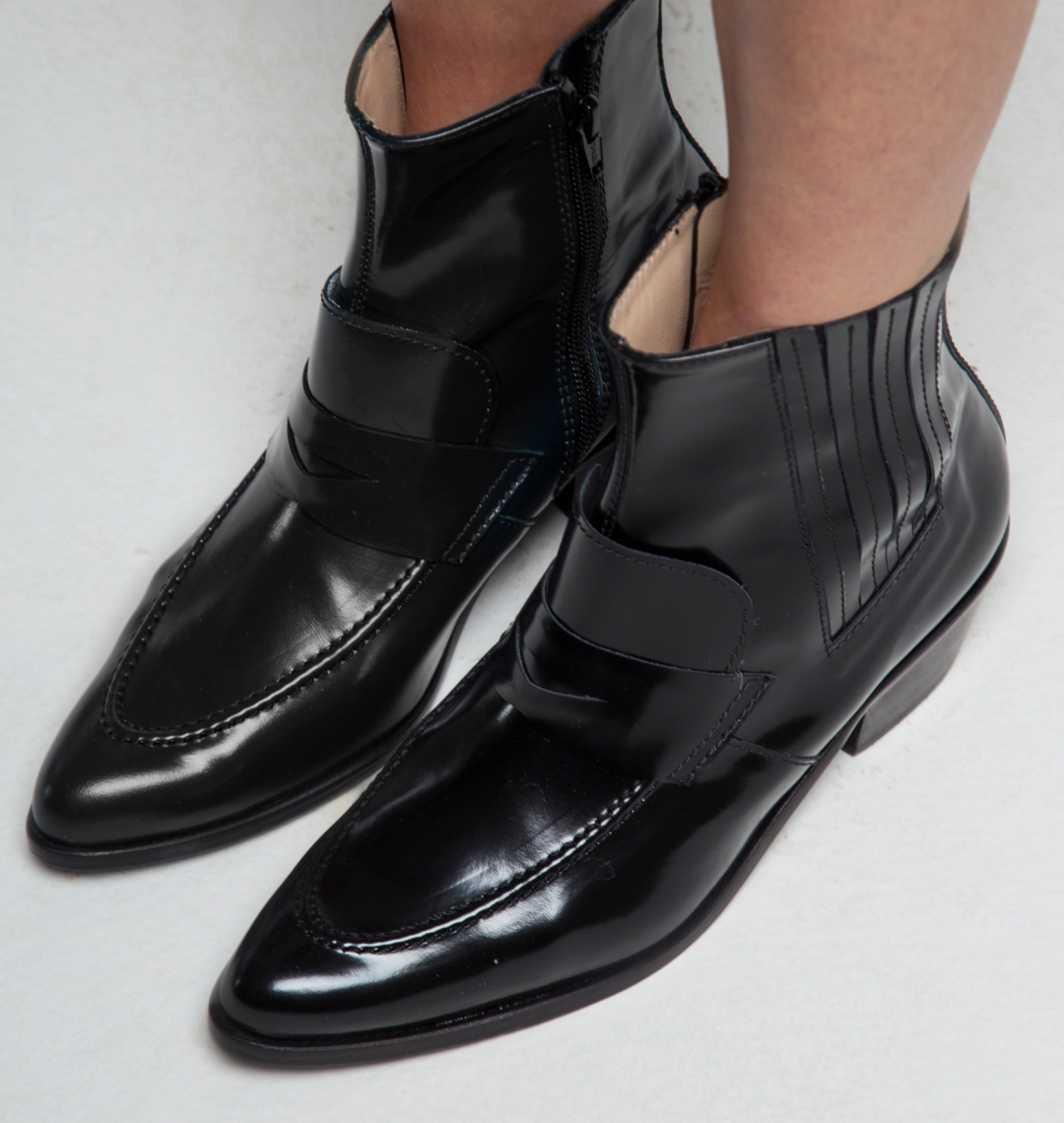
“We would never design something that we wouldn’t wear ourselves,” say the creators of Magro Cardona. ©Magro Cardona
They began focusing on the creation of an online platform that would allow them to reach as many people as possible, but they quickly realised that having a physical space where they can interact with their clients was equally important. “Opening a flagship store in Malasaña, Madrid, has been one of the most rewarding things we’ve done so far. But right now we would love to open two or three more outlets and, on the other hand, we would also like to expand our foreign sales.”
“We felt the need to advertise our vision of fashion, style and well-made things at an honest price”
Irene’s biggest pride is having been able to let her creations actually get to the streets, although she admits that designing is something completely different from her previous work as a stylist. “When it comes to designing, our criteria have nothing to do with what we’ve done before, really. We’re inevitably influenced by our former experiences, and they’ve been important in the decision-making process, but designing is something more intuitive and anarchic.”
In fact, their creative process is always subject to women’s practical needs in terms of functionality and comfort. “There is always a main idea from which you start, a leitmotiv that leads you to choose some materials or colours over others. Afterwards, we always realise that we ourselves are our first clients; we’d never design anything we wouldn’t wear ourselves. But we must admit that at a creative level, music has always played an important role in all our designs.”
